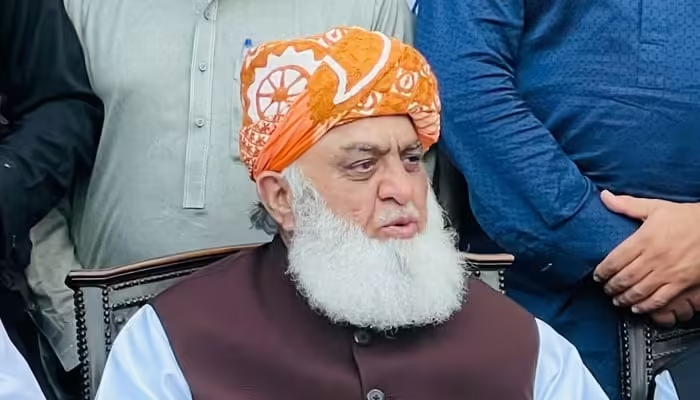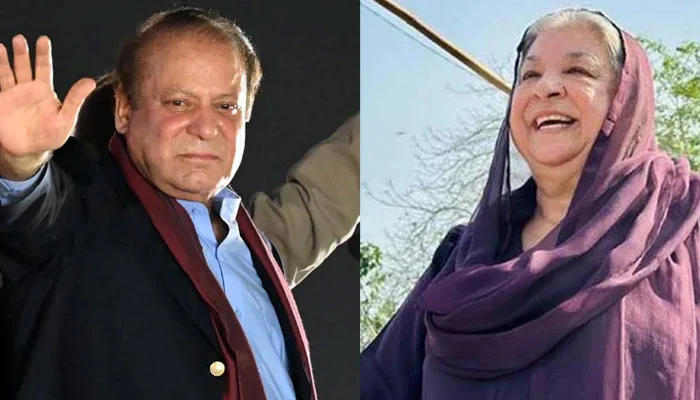In a significant political development, Jamiat Ulema-e-Islam (JUI) chief Maulana Fazlur Rehman has stated that his party will not file an appeal against the Supreme Court’s decision to allocate reserved seats to Pakistan Tehreek-e-Insaf (PTI). This decision comes in the wake of a recent ruling that has altered the political landscape, granting PTI specific reserved seats for women and minorities.
Legal Opinions and Partial Acceptance
Addressing the media, Maulana Fazlur Rehman emphasized that while JUI acknowledges the decision of the Supreme Court, the party will not challenge it collectively. “Only legal experts can give the final opinion on the decision of the Supreme Court. JUI partially recognizes the decision,” he stated. However, he clarified that individuals affected by the decision retain the right to appeal independently if they choose to do so.
Court’s Decision and Its Implications
The Supreme Court’s decision came as a result of an application related to the specific seats of the Sunni Ittehad Council. The court’s 5-8 majority ruling by the 13-member full bench annulled previous decisions by the Election Commission and the Peshawar High Court, thereby ordering the allocation of specific seats to PTI. The ruling affirmed that PTI remains a political entity entitled to these seats, irrespective of its previous participation in elections without election symbols.
The decision mandates that PTI must submit its list for the reserved seats within 15 days. Notably, 39 out of 80 Members of the National Assembly (MNAs) have already pledged allegiance to PTI, and the remaining members are required to provide an affidavit of their allegiance.
Political Reactions and Future Prospects
The Supreme Court’s decision has sparked a range of reactions within the political spectrum. Former National Assembly Speaker and PTI leader Asad Qaiser expressed gratitude towards Maulana Fazlur Rehman for his amicable approach. “It is hoped that the decision of the Supreme Court will prove better for the mutual relations of the two parties,” Qaiser said, suggesting that this development could pave the way for improved relations between PTI and JUI.
Qaiser further added that the connections between the two parties would be strengthened, potentially bolstering the opposition alliance by addressing and resolving any existing reservations. This sentiment of goodwill from both sides hints at a possible thaw in the often tense political dynamics between PTI and JUI.
Broader Political Context
This ruling and the subsequent responses from political leaders come at a crucial time for Pakistan’s political environment. The acknowledgment of PTI’s right to reserved seats underscores the party’s continuing influence and presence in the national political arena. It also reflects the judiciary’s role in shaping the political landscape through its decisions.
Meanwhile, the JUI’s decision not to collectively challenge the ruling could be seen as a strategic move, aiming to maintain political stability and avoid further polarization. By allowing individual members to appeal independently, JUI maintains a balance between legal recourse and collective party strategy.
The Supreme Court’s decision to allocate reserved seats to PTI and the subsequent responses from political leaders have added a new dimension to Pakistan’s political narrative. As parties navigate the implications of this ruling, the political dynamics in the National Assembly are set to evolve, potentially leading to new alliances and shifts in power. The coming days will reveal how these developments impact the broader political landscape and the future interactions between PTI and JUI.
This unfolding situation remains a key area to watch, with potential significant implications for governance and political strategies in Pakistan.



